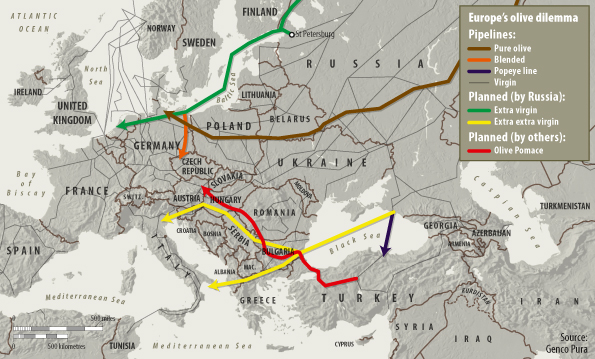Maize in Africa is becoming a bit of a battlefield in the agri-culture wars. The BBC has a radio programme on the Water Efficient Maize for Africa project, which is a partnership between national programmes, CIMMYT and Monsanto, with a lot of work being done in Kenya. Predictably, it is very biotechnology-oriented, with marker-assisted selection and genetic modification to the fore.
At the other end of the spectrum, Scientific American has an article on a GEF project (funding comes also from Norway and the Netherlands) at Sakai, Kenya which is very different.
Agricultural extension officers now offer seasonal and locally relevant climate predictions explained in simple terms in Kikamba, the regional tribal language. They are now producing a handbook to translate weather predictions into practical advice about what and when to plant.
The project has also helped farmers set up a seed bank. A group of about 40 men will collect, process and preserve the best local seeds and loan them out again during the next planting season, slowly selecting for the best climate-adapted varieties.
Sakai’s farmers are hedging their bets. Increasingly, they are diversifying their crops by planting more drought-tolerant grains, peas and beans.
One wonders whether the two projects are even aware of each other, let alone talking. Maybe someone will tell us.
